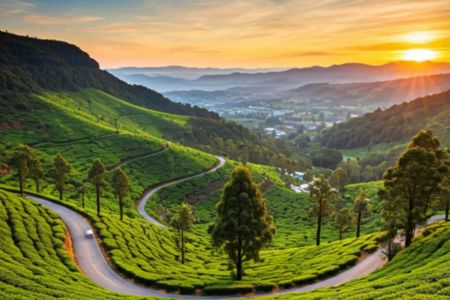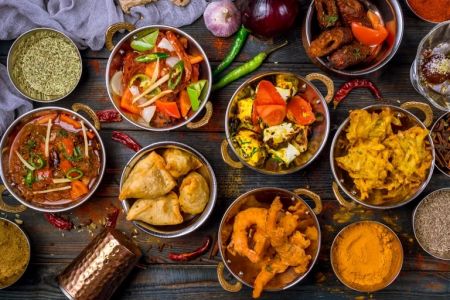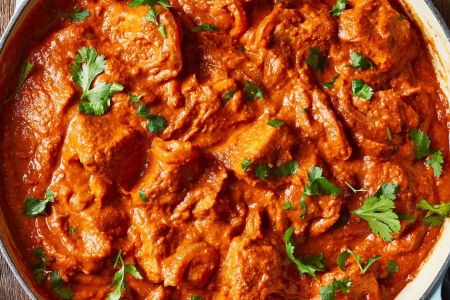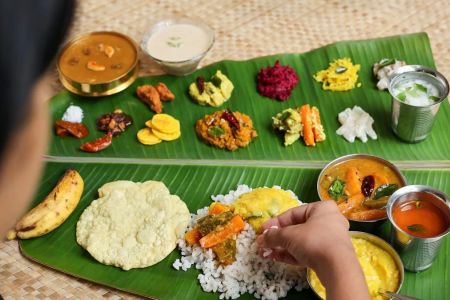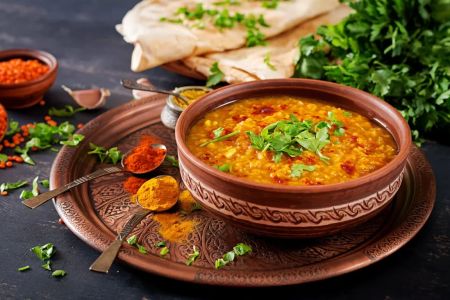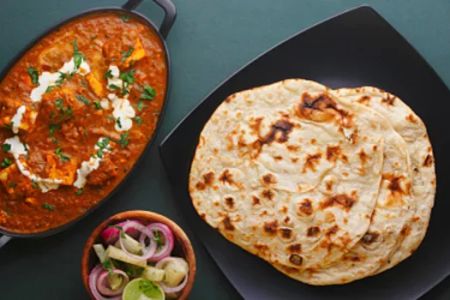Indian Cooking Classes: A Culinary Journey Through India's Rich Flavors
1. Why Indian Cooking Classes?
Indian cuisine is an art form that blends spices, flavors, and centuries-old cooking techniques. Joining an Indian cooking class during your travels is an unforgettable way to explore the heart of India's food culture. From aromatic curries to delightful sweets, the courses offer an immersive experience for food lovers and culinary enthusiasts alike.
Indian cooking classes provide an authentic opportunity to learn traditional recipes passed down through generations. Whether you're a beginner in the kitchen or a seasoned cook, these classes cater to all skill levels and allow you to bring home a slice of India in the form of recipes and cooking techniques.
2. Top Destinations for Indian Cooking Classes
India is home to a diverse range of cooking styles, and the perfect place to experience its culinary richness depends on the region you're visiting. Here are some of the top destinations to consider for your Indian cooking adventure:
- Delhi: The capital city is a melting pot of flavors. Cooking classes in Delhi often focus on North Indian cuisine, including popular dishes like butter chicken and naan.
- Jaipur: Known for its royal Rajputana cuisine, Jaipur offers cooking experiences that highlight the flavors of Rajasthani food, with dishes like dal baati churma and gatte ki sabzi.
- Goa: If you're drawn to coastal flavors, Goa’s cooking classes offer the best introduction to seafood and the influence of Portuguese culinary traditions on Indian food.
- Kerala: For those interested in South Indian flavors, Kerala provides a cooking class experience focusing on coconut-based dishes, seafood curries, and the traditional Kerala Sadya feast.
3. The Cooking Class Experience
The experience of attending an Indian cooking class is truly immersive. Most classes are held in local kitchens or outdoor settings, where you get to participate in preparing each dish step by step. Classes typically begin with an introduction to the spices, herbs, and unique ingredients used in Indian cuisine. You will then learn to prepare a variety of dishes, from appetizers to main courses, under the guidance of a local chef or culinary expert.
For example, during a cooking class in Delhi, you'll not only learn how to make traditional Indian curries but also how to use aromatic spices like cumin, turmeric, and coriander to bring the dish to life. You may even get to visit a local market to select fresh ingredients for your meal.
4. Immerse Yourself in Local Culture and Cuisine
Indian cooking classes are not just about the food; they're a deep dive into the culture and traditions of India. Many classes begin with an exploration of regional food history, followed by a demonstration of how these recipes evolved over time. Through these experiences, you'll develop a deeper understanding of India’s cultural diversity, as food plays an important role in its social fabric.
For instance, in Rajasthan, food preparation often has religious and celebratory significance, with recipes tailored to festivals and ceremonies. You might also experience a traditional meal prepared in an Indian home, providing insight into family life and hospitality.
5. How to Book Your Indian Cooking Class
Booking an Indian cooking class is simple and can often be arranged directly through local tour operators or through travel agencies specializing in culinary tourism. Many reputable websites, such as Travel India One, offer easy access to cooking class reservations and detailed itineraries for food-focused tours. If you're looking for a specific regional experience, you can filter classes based on location, cuisine type, and class duration.
Be sure to book your class in advance, as popular cooking classes, especially those in high-demand tourist regions like Jaipur or Goa, may have limited availability during peak seasons.

